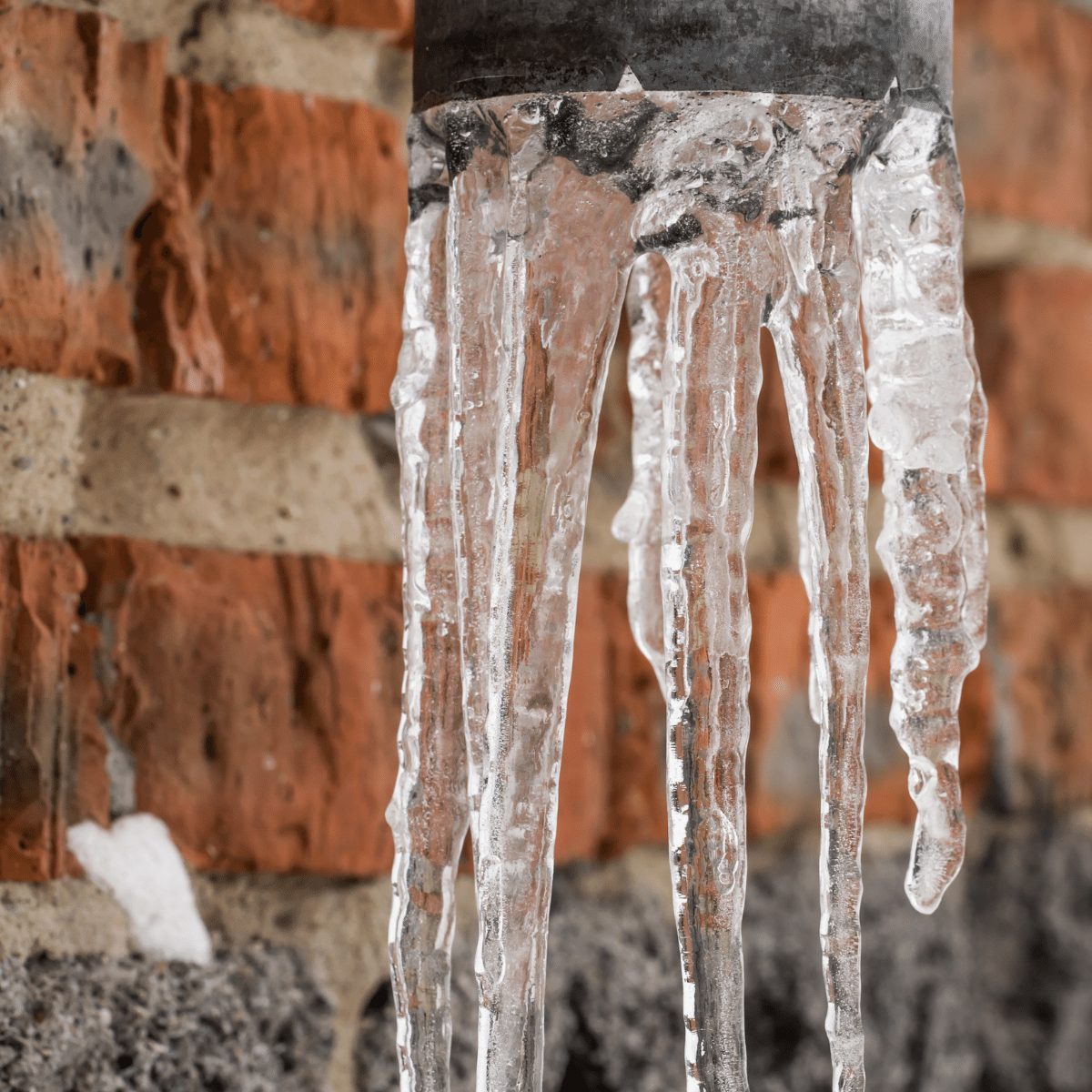Ways to Protect Pipes from Cold Weather: Professional Guidance
Ways to Protect Pipes from Cold Weather: Professional Guidance
Blog Article
This great article below about Helpful Tips to Prevent Frozen Pipes this Winter is unquestionably captivating. Give it a try and make your own personal ideas.
:strip_icc()/snow-outdoor-faucet-pipes-4af65d1e5e904fb1aa7bf74071fe5d89.jpg)
Cold weather can damage your pipes, particularly by freezing pipes. Here's exactly how to stop it from happening and what to do if it does.
Introduction
As temperature levels decline, the danger of frozen pipes boosts, potentially bring about pricey fixings and water damage. Comprehending just how to avoid icy pipelines is important for property owners in cool environments.
Comprehending Frozen Pipelines
What causes pipes to ice up?
Pipelines freeze when subjected to temperatures listed below 32 ° F (0 ° C) for extended durations. As water inside the pipes freezes, it broadens, putting pressure on the pipe wall surfaces and possibly creating them to burst.
Risks and damages
Icy pipelines can result in water interruptions, residential property damage, and costly repairs. Ruptured pipes can flood homes and trigger extensive structural damages.
Indicators of Frozen Pipeline
Recognizing frozen pipelines early can prevent them from breaking.
Just how to identify icy pipelines
Search for decreased water circulation from taps, unusual odors or noises from pipelines, and visible frost on revealed pipes.
Prevention Tips
Shielding at risk pipelines
Wrap pipes in insulation sleeves or make use of warm tape to safeguard them from freezing temperature levels. Concentrate on pipes in unheated or external areas of the home.
Home heating methods
Maintain interior rooms appropriately heated up, specifically areas with pipes. Open cupboard doors to permit warm air to distribute around pipelines under sinks.
Safeguarding Exterior Pipes
Garden pipes and exterior faucets
Disconnect and drain pipes yard tubes before winter season. Set up frost-proof faucets or cover exterior taps with insulated caps.
What to Do If Your Pipes Freeze
Immediate activities to take
If you suspect frozen pipes, keep taps open up to ease stress as the ice melts. Use a hairdryer or towels soaked in hot water to thaw pipelines gradually.
Long-Term Solutions
Architectural changes
Consider rerouting pipes far from outside walls or unheated locations. Include extra insulation to attics, basements, and crawl spaces.
Updating insulation
Invest in high-quality insulation for pipes, attic rooms, and wall surfaces. Appropriate insulation assists maintain constant temperatures and minimizes the danger of frozen pipes.
Verdict
Protecting against icy pipes calls for aggressive procedures and quick feedbacks. By recognizing the causes, indicators, and preventive measures, homeowners can secure their pipes during winter.
Helpful Tips to Prevent Frozen Pipes this Winter
UNDERSTANDING THE BASICS: WHY PIPES FREEZE AND WHY IT’S A PROBLEM
Water freezing inside pipes is common during the winter months, but understanding why pipes freeze, and the potential problems it can cause is crucial in preventing such incidents. This section will delve into the basics of why pipes freeze and the associated problems that may arise.
THE SCIENCE BEHIND FROZEN PIPES
When water reaches freezing temperatures, it undergoes a physical transformation and solidifies into ice. This expansion of water as it freezes is the primary reason pipes can burst. As the water inside the pipe freezes, it expands, creating immense pressure on the walls. If the pressure becomes too great, the pipe can crack or rupture, leading to leaks and water damage.
FACTORS THAT CONTRIBUTE TO PIPE FREEZING
Low Temperatures: Extremely cold weather, especially below freezing, increases the risk of pipes freezing. Uninsulated or Poorly Insulated Pipes: Pipes located in unheated areas, such as basements, crawl spaces, or attics, are more prone to freezing. Insufficient insulation or lack of insulation altogether exacerbates the problem. Exterior Wall Exposure: Pipes running along exterior walls are susceptible to freezing as they encounter colder temperatures outside. Lack of Heating or Temperature Regulation: Inadequate heating or inconsistent temperature control in your home can contribute to frozen pipes. PROBLEMS CAUSED BY FROZEN PIPES
- Pipe Bursting: As mentioned earlier, the expansion of water as it freezes can cause pipes to burst, resulting in significant water damage.
- Water Damage: When pipes burst, it can lead to flooding and water damage to your property, including walls, ceilings, flooring, and personal belongings.
- Structural Damage: Prolonged exposure to water from burst pipes can compromise the structural integrity of your home, leading to costly repairs.
- Mold and Mildew Growth: Excess moisture from water damage can create a favorable environment for mold and mildew growth, posing health risks to occupants.
- Disrupted Water Supply: Frozen pipes can also result in a complete or partial loss of water supply until the issue is resolved.
WHY CERTAIN PIPES ARE MORE PRONE TO FREEZING
- Location: Pipes located in unheated or poorly insulated areas, such as basements, crawl spaces, attics, or exterior walls, are at higher risk of freezing.
- Exterior Pipes: Outdoor pipes, such as those used for irrigation or exposed plumbing, are particularly vulnerable to freezing as they are directly exposed to the elements.
- Supply Lines: Pipes that carry water from the main water supply into your home, including the main water line, are critical to protect as freezing in these lines can affect your entire plumbing system.
- Underground Pipes: Pipes buried underground, such as those connected to sprinkler systems or outdoor faucets, can be susceptible to freezing if not properly insulated.
https://busybusy.com/blog/helpful-tips-to-prevent-frozen-pipes-this-winter/

Do you enjoy more info about Winter Plumbing Precautions: Preventing Frozen Pipes? Give a review down the page. We will be happy to listen to your thinking about this blog posting. We hope that you come back again soon. If you enjoyed reading our page plz don't forget to share it. Many thanks for going through it.
Schedule Now Report this page